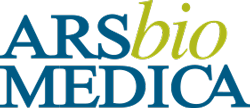Physical stress echocardiography is a groundbreaking cardiac examination conducted during exercise, allowing for an increased workload on the heart to study the behavior of the cardiac muscle under stress and assess any potential distress. Compared to traditional stress tests, physical stress echocardiography is more precise as it evaluates not only electrocardiographic alterations but also echocardiographic changes that may occur under exertion.
When is physical stress echocardiography recommended?
This examination is indicated for patients:
- Suspected of coronary artery disease
- Needing further evaluation of valvular heart disease such as aortic stenosis
- Requiring assessment of cardiac muscle vitality in patients with reduced cardiac function, to determine if revascularization intervention through bypass or angioplasty may be beneficial.
How is the examination performed at Clinica Arsbiomedica?
Before, during, and after physical exertion, arterial pressure is monitored, and electrocardiogram and echocardiogram data are collected to establish a baseline evaluation of the heart at rest and under stress. The duration of the examination varies from individual to individual. The patient’s exercise continues until the heart reaches an appropriate heart rate to evaluate its performance under increased demand.
During exertion, symptoms such as chest pain or changes in electrocardiogram or wall contractility (evaluated via echocardiogram) may occur, indicating distress of the cardiac muscle, as seen in coronary artery disease. In such cases, the specialist may recommend further diagnostic and therapeutic measures.
How to prepare for physical stress echocardiography:
Before the examination, the patient must:
- Fast for 4 hours
- Refrain from smoking and caffeine intake for 12 hours
- Discontinue, as per the physician’s instructions, certain categories of medications (especially beta-blockers, which can interfere with the proper functioning of the stimulant used and alter the test results).
Additionally, the patient is required to bring relevant clinical documentation (particularly recent electrocardiogram and/or echocardiogram) and current medication information.
Trust our professionals
Contact
Request Information
Do you need a medical visit or an exam?
Choose the best care for yourself
Choose the best care for yourself



